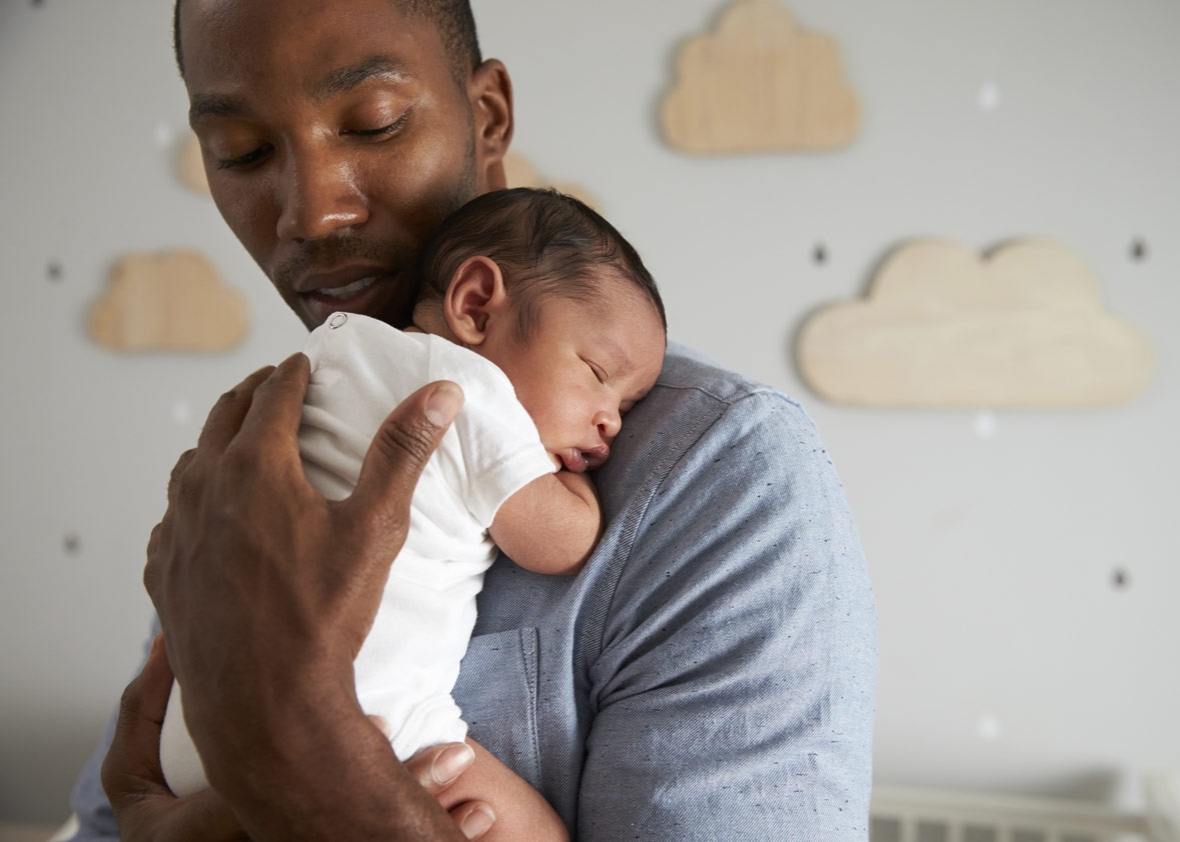The United Nations Children’s Fund (UNICEF) says an estimated 25,685 babies will be born in Nigeria on New Year Day.
According to a statement issued on Monday by UNICEF Nigeria Communications Specialist, Eva Hinds, Nigerian babies make up 6.5 per cent of the estimated 395,072 babies born on New Year Day globally.
“Within Africa, Nigerian babies will account for almost 40 per cent of all those born in West and Central Africa, and more than 23 per cent of those born in sub-Saharan Africa.
“Globally, over half of the world’s births are estimated to take place in just eight countries, including Nigeria.
“At current life expectancy rates, a child born in Nigeria today is likely to live only to the year 2074, which is 55 years of age.
“A child born today in Denmark is likely to live until the 22nd century.
“Only children born in three countries today have a lower life expectancy than that of Nigerian children including Central African Republic, Chad and Sierra Leone, “ it said.
The statement said that globally in 2017, about one million babies died the day they were born, and 2.5 million in just their first month of life.
It said that in Nigeria, about 262,000 babies die at birth each year, the world’s second highest national total, while 257 babies die within their first month of life.
“Among these children, most died from preventable causes such as premature birth, complications during delivery, and infections like sepsis and pneumonia, a violation of their basic right to survival, “ it stated.
UNICEF Nigeria’s Acting Representative, Pernille Ironside, said in the statement that more could be done to ensure children born in Nigeria survived their first day of life.
Ironside added that such children should be able to survive and thrive for many months and years to come.
“In Nigeria today, only one out of every three babies is delivered in a health centre, decreasing a newborn baby’s chance of survival.
“This is just one of the issues that need to be addressed in order to improve the chances of survival of those babies born today and every day.
“This New Year Day, let us all make a resolution to fulfil every right of every child, starting with the right to survive.
“We can save millions of babies if we invest in training and equipping local health workers so that every newborn is born into a safe pair of hands, “ he said.
The statement also noted that 2019 marked the 30th anniversary of the adoption of the Convention on the Rights of the Child which UNICEF would be commemorating with worldwide events throughout the year.
According to the statement, under the convention, governments committed to, among other things, taking measures to save every child by providing good quality health care.
“Over the past three decades, the world has seen remarkable progress in child survival, cutting the number of children worldwide who die before their fifth birthday by more than half.
“But there has been slower progress for newborns; babies dying in the first month account for 47 per cent of all deaths among children under five.
“UNICEF’s Every Child Alive campaign calls for immediate investment to deliver affordable, quality health care solutions for every mother and newborn.
“These include a steady supply of clean water and electricity at health facilities and the presence of a skilled health attendant during birth,’’ it stated.
It further called for ample supplies and medicines to prevent and treat complications during pregnancy, delivery and birth as well as empowerment for adolescent girls and women who could demand quality health services. (NAN)

